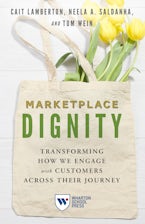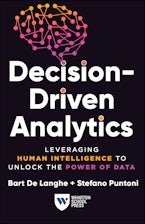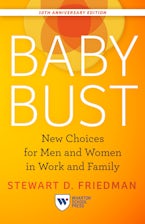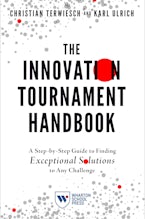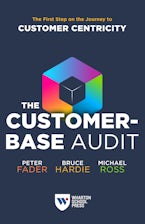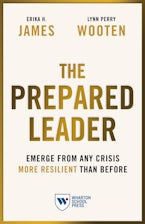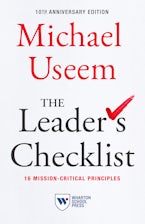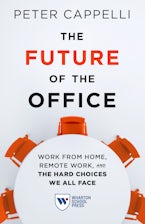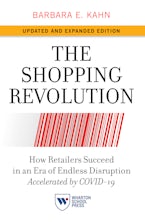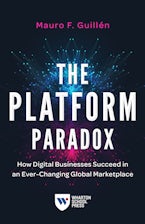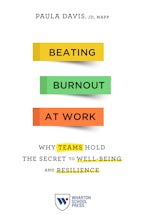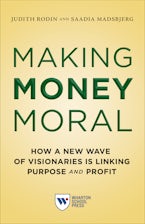
New & Notable Titles
See all Wharton School Press titles ❯
About Wharton School Press
Wharton School Press, the book publishing arm of the Wharton School of the University of Pennsylvania, was established to inspire bold, insightful thinking within the global business community.
An imprint of University of Pennsylvania Press, Wharton School Press publishes a select list of award-winning, bestselling, and thought-leading books that offer trusted business knowledge to help leaders at all levels meet the challenges of today and the opportunities of tomorrow. Led by a spirit of innovation and experimentation, Wharton School Press leverages groundbreaking digital technologies and has pioneered a fast-reading business book format that fits readers’ busy lives, allowing them to swiftly emerge with the tools and information needed to make an impact. Wharton School Press books offer guidance and inspiration on a variety of topics, including leadership, management, strategy, innovation, entrepreneurship, finance, marketing, social impact, public policy, and more.
Wharton School Press Faculty Editorial Board
Mauro Guillén, Chair
Professor of Management
Vice Dean of Wharton’s MBA Program for Executives
The Wharton School of the University of Pennsylvania
Christopher Ittner
EY Professor of Accounting; Chairperson, Accounting Department
The Wharton School of the University of Pennsylvania
Patti Williams
Ira A. Lipman Associate Professor of Marketing
Vice Dean, Wharton Executive Education
The Wharton School of the University of Pennsylvania
Contact Us
Shannon Berning, Publisher
whartonschoolpress@wharton.upenn.edu
Sign up for emails from Wharton School Press
Follow us on Twitter/X:

